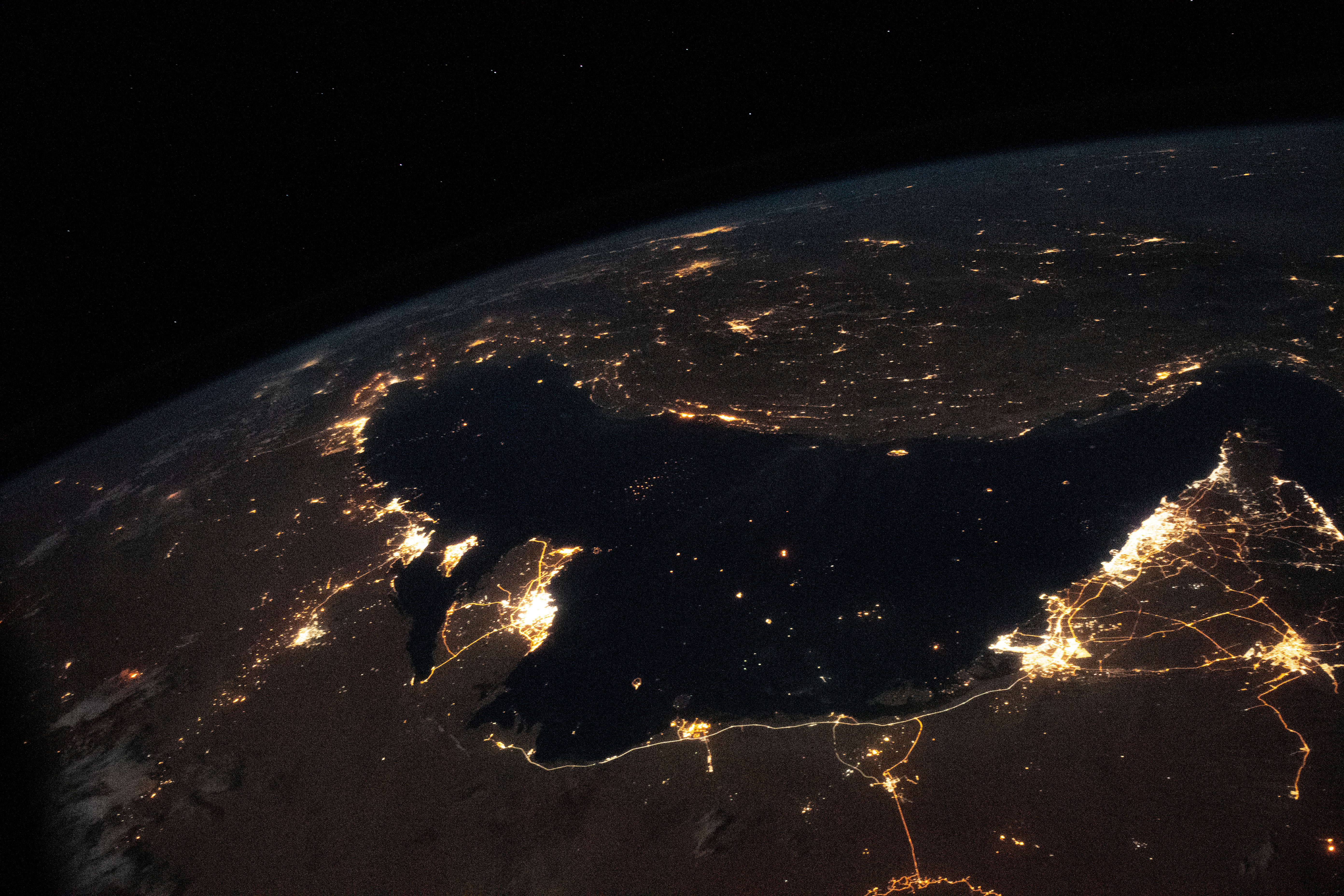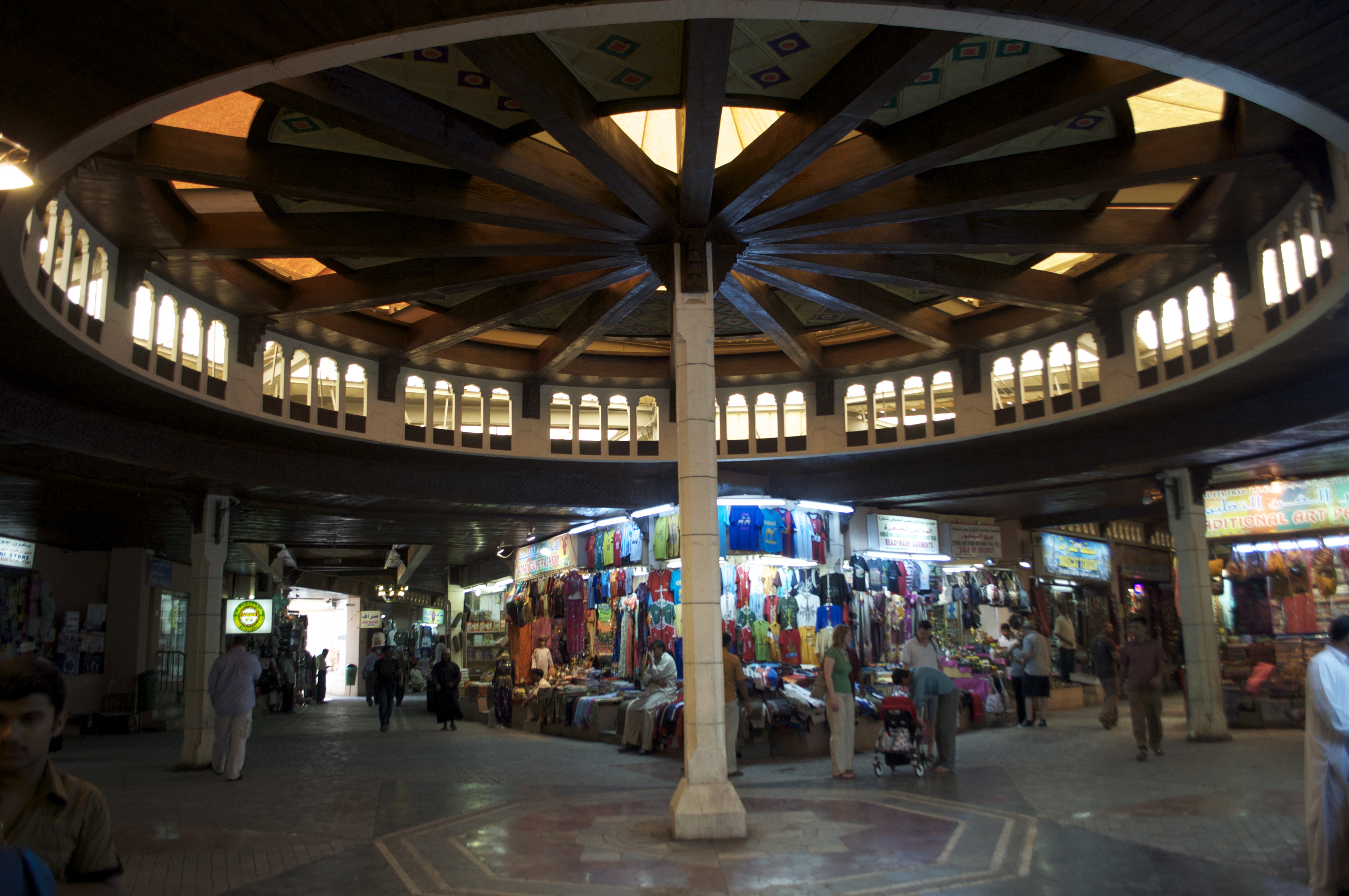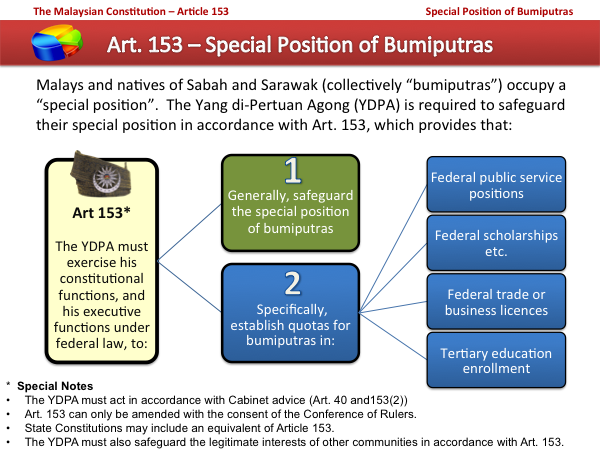|
Emiratization
Emiratisation (or Emiratization) is an initiative by the government of the United Arab Emirates to employ its citizens in a meaningful and efficient manner in the public and private sectors. Emiratisation increases each semester adding a 1% of emirati quota to be achieved by the United Arab Emirates companies. Progress While the program has been in place for more than a decade and results can be seen in the public sector, the private sector is still lagging behind with citizens only representing 0.34% of the private sector workforce. In the UAE workplace, much better treatment is afforded to Emiratis than immigrants. And due to government social security payments, many locals would rather not go to work in menial jobs. However, unemployment is rising and in Abu Dhabi as many as 11.6 percent of Emiratis are unemployed. While there is general agreement over the importance of Emiratisation for social, economic and political reasons, there is also some contention as to the impact of ... [...More Info...] [...Related Items...] OR: [Wikipedia] [Google] [Baidu] |
United Arab Emirates
The United Arab Emirates (UAE), or simply the Emirates, is a country in West Asia, in the Middle East, at the eastern end of the Arabian Peninsula. It is a Federal monarchy, federal elective monarchy made up of Emirates of the United Arab Emirates, seven emirates, with Abu Dhabi serving as its capital. It shares land borders with Oman to the east and northeast, and with Saudi Arabia to the southwest; as well as maritime borders in the Persian Gulf with Qatar and Iran, and with Oman in the Gulf of Oman. , the UAE has an estimated population of over 10 million, of which 11% are Emiratis; Dubai is List of cities in the United Arab Emirates, its most populous city and is an international hub. Islam is the State religion, official religion and Arabic is the official language, while English is the most spoken language and the language of business. The United Arab Emirates Oil reserves in the United Arab Emirates, oil and natural gas reserves are the world's List of countries by pr ... [...More Info...] [...Related Items...] OR: [Wikipedia] [Google] [Baidu] |
Emirati People
The Emiratis (; ) are the citizen population of the United Arab Emirates. Within the UAE itself, their number is approximately 1.15 million. Formerly known as the Trucial States, the UAE is made up of seven emirates, each of which has a ruling family. Abu Dhabi was home to the Bani Yas tribal confederation; Dubai was settled in 1833 by an offshoot of the Bani Yas, the Al Bu Falasah; Sharjah and Ras Al Khaimah are the home to the Al Qasimi or Qawasim; Ajman to the Al Na'im, Umm Al Quwain to the Al Ali and Fujairah to the Sharqiyin. The Emiratis represent a diverse population with various ethnic, cultural, and tribal backgrounds. While united under the umbrella of Emirati citizenship, they encompass a range of ancestral origins, including Arabian, Persian and North African heritage. This diversity is rooted in historical interactions, migrations, conquest, and trade connections that have shaped the demographic landscape of the UAE. Emirati Arabic and English serve a ... [...More Info...] [...Related Items...] OR: [Wikipedia] [Google] [Baidu] |
Private Sector
The private sector is the part of the economy which is owned by private groups, usually as a means of establishment for profit or non profit, rather than being owned by the government. Employment The private sector employs most of the workforce in some countries. In private sector, activities are guided by the motive to earn money, i.e. operate by capitalist standards. A 2013 study by the International Finance Corporation (part of the World Bank Group) identified that 90 percent of jobs in developing countries are in the private sector. Diversification In free enterprise countries, such as the United States, the private sector is wider, and the state places fewer constraints on firms. In countries with more government authority, such as China, the public sector makes up most of the economy. Regulation States legally regulate the private sector. Businesses operating within a country must comply with the laws in that country. In some cases, usually involving multinati ... [...More Info...] [...Related Items...] OR: [Wikipedia] [Google] [Baidu] |
Multinational Corporation
A multinational corporation (MNC; also called a multinational enterprise (MNE), transnational enterprise (TNE), transnational corporation (TNC), international corporation, or stateless corporation, is a corporate organization that owns and controls the production of goods or services in at least one country other than its home country. Control is considered an important aspect of an MNC to distinguish it from international portfolio investment organizations, such as some international mutual funds that invest in corporations abroad solely to diversify financial risks. Most of the current largest and most influential companies are Public company, publicly traded multinational corporations, including Forbes Global 2000, ''Forbes'' Global 2000 companies. History Colonialism The history of multinational corporations began with the history of colonialism. The first multinational corporations were founded to set up colonial "factories" or port cities. The two main examples were the ... [...More Info...] [...Related Items...] OR: [Wikipedia] [Google] [Baidu] |
United Arab Emirates University
United Arab Emirates University (UAEU) () is a public research university located in Al Ain, United Arab Emirates. Founded in 1976 by the country's first President, Sheikh Zayed bin Sultan Al Nahyan, it is the oldest university in the United Arab Emirates and offers courses in various subjects up to post-graduation. History The United Arab Emirates University was established through the Federal Law No. (4) issued by Sheikh Zayed bin Sultan al-Nahyan, President of the United Arab Emirates on 7 July 1976. Location The university is located in the city of Al Ain, an oasis city in the Abu Dhabi emirate 140 km east of the capital city of Abu Dhabi and a similar distance from the city of Dubai. Students Students come from all seven Emirates and more than 64 other countries. 6,696 students live on campus. In 2014 enrolled international students constituted 25% of the total enrolled students. Rankings The United Arab Emirates University is continuously ranked as the sec ... [...More Info...] [...Related Items...] OR: [Wikipedia] [Google] [Baidu] |
Dubai School Of Government
The Mohammed Bin Rashid School of Government, is a research and teaching institution located in Dubai, United Arab Emirates. Original founded in 2005 as the Dubai School of Government, public policy in the Arab world is the focus of the institute. Sheikh Mohammed bin Rashid Al Maktoum, Vice President and Prime Minister of the United Arab Emirates, and Ruler of Dubai, is responsible for the academy's creation. Yassar Jarrar was the founding executive. Academic programs In December 16, 2009, the school graduated its first cohort of 32 students in an intensive, one-year Master of Public Administration program. Designed for mid-level public sector professionals, the MPA program trains students in the theory and techniques of public sector management, and to help them better understand the political and social context in which public policies are designed and implemented and public services are provided. The MPA was conducted "in coordination with" Harvard Kennedy School’s Faculty ... [...More Info...] [...Related Items...] OR: [Wikipedia] [Google] [Baidu] |
Persian Gulf
The Persian Gulf, sometimes called the Arabian Gulf, is a Mediterranean seas, mediterranean sea in West Asia. The body of water is an extension of the Arabian Sea and the larger Indian Ocean located between Iran and the Arabian Peninsula.United Nations Group of Experts on Geographical NameWorking Paper No. 61, 23rd Session, Vienna, 28 March – 4 April 2006. accessed 9 October 2010 It is connected to the Gulf of Oman in the east by the Strait of Hormuz. The river delta of the Shatt al-Arab forms the northwest shoreline. The Persian Gulf has many fishing grounds, extensive reefs (mostly rocky, but also Coral reef, coral), and abundant pearl oysters, however its ecology has been damaged by industrialization and oil spills. The Persian Gulf is in the Persian Gulf Basin, which is of Cenozoic origin and related to the subduction of the Arabian plate under the Zagros Mountains. The current flooding of the basin started 15,000 years ago due to sea level rise, rising sea levels of ... [...More Info...] [...Related Items...] OR: [Wikipedia] [Google] [Baidu] |
Omanization
The economy of Oman is mainly centered around its oil sector, with fishing and trading activities located around its coastal regions. When oil was discovered in 1964, the production and export increased significantly. The government has made plans to diversify away from oil under its privatization and Omanization policies. This has helped raise Oman's GDP per capita continuously in the past 50 years. It grew 339% in the 1960s, reaching a peak growth of 1,370% in the 1970s. Similar to the pricing of all other commodities, the price of oil is subject to significant fluctuations over time, especially those associated with the business cycle. A commodity's price will rise sharply when demand, like that for oil, outpaces supply; meanwhile, when supply outpaces demand, prices will fall. It scaled back to a modest 13% growth in the 1980s and rose again to 34% in the 1990s. Oman joined the Gulf Cooperation Council in 1981 with the aim of establishing a customs union, a common market and ... [...More Info...] [...Related Items...] OR: [Wikipedia] [Google] [Baidu] |
Qatarization
Qatarization (or Qatarisation) is a governmental initiative devised to increase the number of Qatari citizens employed in public and private sectors. The target is 50% of the workforce in the Industry and Energy sector. Qatarization is one of the focuses of the Qatar National Vision 2030. While the expatriate population has rapidly grown since the late 20th century, the Qatari population has increased only at a marginal rate. Therefore, as a means to decrease dependence on foreign labor, the Qatari government has heavily prioritized Qatarization in recent years. History The first Qatarization scheme was formulated in 1962, with Qatari Labor Law No. 3, which stipulated that Qatari nationals are to be given first priority for filling vacant positions in the workforce. A government census conducted in 1970 revealed that only 16% of the economically active population were Qatari nationals. The only industry with a higher proportion of Qatari citizens to foreigners was the oil industry, ... [...More Info...] [...Related Items...] OR: [Wikipedia] [Google] [Baidu] |
Saudization
Saudization (), officially the Saudi nationalization scheme and also known as Nitaqat (), is a policy that is implemented in the Kingdom of Saudi Arabia by the Ministry of Labor and Social Development, which requires companies and enterprises to fill their workforce with Saudi nationals up to certain levels. Prior to its implementation, the private sector was largely dominated by expatriate workers from India, Pakistan, the Philippines, and Arab countries such as Lebanon and Egypt. The Saudi Government created the policy to reduce unemployment among native Saudis, under the slogan 'Let's Put the Saudi in Saudization'. Under the policy, companies that failed to comply with Saudization regulations will not be awarded government contracts. While the "Saudi political elite" agrees on the importance of Saudization, Saudi businesses have complained about its implementation and found loopholes to dodge Saudization demands. In 2017, updates to the Saudization policy changed the percen ... [...More Info...] [...Related Items...] OR: [Wikipedia] [Google] [Baidu] |
Bumiputera (Malaysia)
''Bumiputera'' or ''bumiputra'' ( Jawi: , Native) is a term used in Malaysia to describe Malays, the Orang Asli of Peninsular Malaysia, various indigenous peoples of East Malaysia, and Peranakans. The term is derived from the Sanskrit language which was later absorbed into the classical Malay word (). This can be translated literally as "son of the land" or "son of the soil". In Indonesia, this term is known as " Pribumi"; the latter is also used in Malaysia but in a more generic sense to mean "indigenous peoples". In the 1970s, the Malaysian government implemented policies designed to favour bumiputera (including affirmative action in public education and in the public sector) in order to elevate the socioeconomic status of the economically disadvantaged bumiputera community. It was an effort to defuse interethnic tensions following the 13 May Incident in 1969 and to placate the Malay majority through granting them a privileged status over Malaysian Chinese and Indi ... [...More Info...] [...Related Items...] OR: [Wikipedia] [Google] [Baidu] |
Economic Nationalism
Economic nationalism or nationalist economics is an ideology that prioritizes state intervention in the economy, including policies like domestic control and the use of tariffs and restrictions on labor, goods, and capital movement. The core belief of economic nationalism is that the economy should serve nationalist goals. As a prominent modern ideology, economic nationalism stands in contrast to economic liberalism and economic socialism. Economic nationalists oppose globalization and some question the benefits of unrestricted free trade. They favor protectionism and advocate for self-sufficiency. To economic nationalists, markets are to be subordinate to the state, and should serve the interests of the state (such as providing national security and accumulating military power). The doctrine of mercantilism is a prominent variant of economic nationalism. Economic nationalists tend to see international trade as zero-sum, where the goal is to derive relative gains (as opposed to ... [...More Info...] [...Related Items...] OR: [Wikipedia] [Google] [Baidu] |



